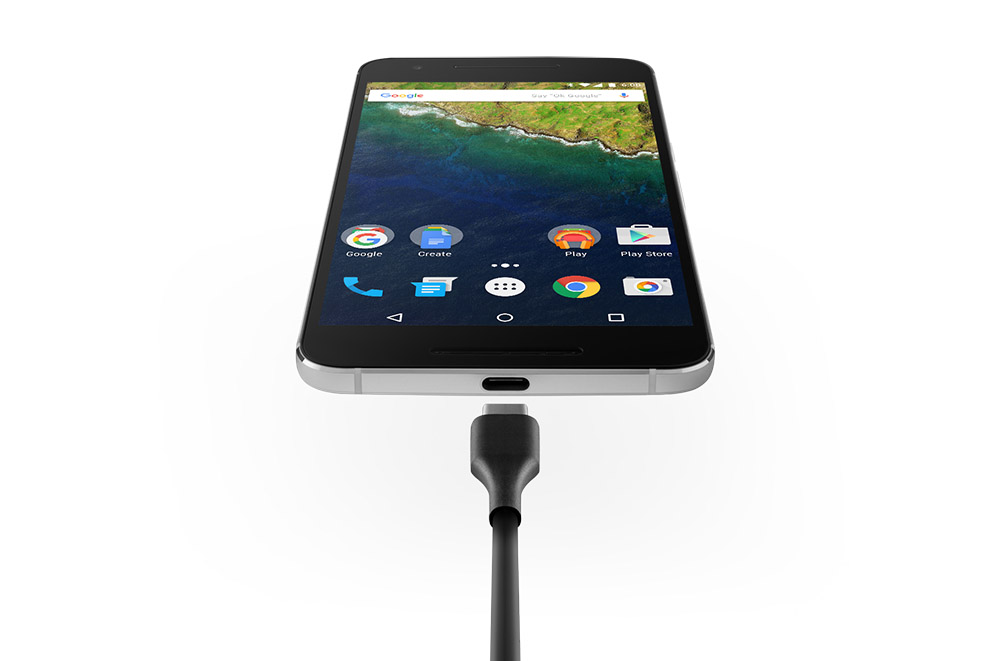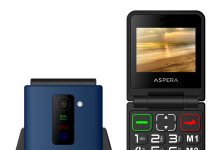As much as they have tried Google have not managed to convince manufacturers of the benefits of USB power delivery charging with manufacturers usually opting for their own charging solutions or Qualcomm’s fast charge. Now Google is looking to enforce the compatibility with USB-PD according to the latest GMS requirements.
In previous GMS documentation Google only “STRONGLY RECOMMENDED” (in bold and capital letters in the GMS documentation) USB-PD compatibility but the new wording has changed to make it compulsory. According to XDA Developers who managed to get their hands on the new GMS documentation which now states:
New DEVICES launching from 2019 onwards, with a USB Type-C port MUST ensure full interoperability with chargers that are compliant with the USB specifications and have the USB Type-C plug.
In a nutshell, although a bit ambiguous it means that all USB-C ports must be compliant with USB specs which include power delivery over that USB-C port. It is apparently also thought that this does not mean they will support the high power rules but just that they are compatible with that speed of charging (5V3A).
It is great to see Google trying to make the Android ecosystem more uniform — we saw it with the navigational gestures earlier today but the charging is almost as important so one charger will work exactly the same as with another phone and so on.
It will be interesting to see how this plays out in the future but given that the recent OnePlus phones not only support their own proprietary charging platform (WARP charge) but also USB-PD it cannot be too difficult for manufacturers to implement. Once again in the end we all win.




This may influence some phone makers to delay upgrading their budget phones to USB-C in favour of Micro-USB as it is too hard and cut into their already tight profit margins.
I would think it better to make Android 10 or next years Android 11 only compatible with USB-C PD, therefore forcing phone manufacturers to become USB-C PD compliant at some point in the near future.